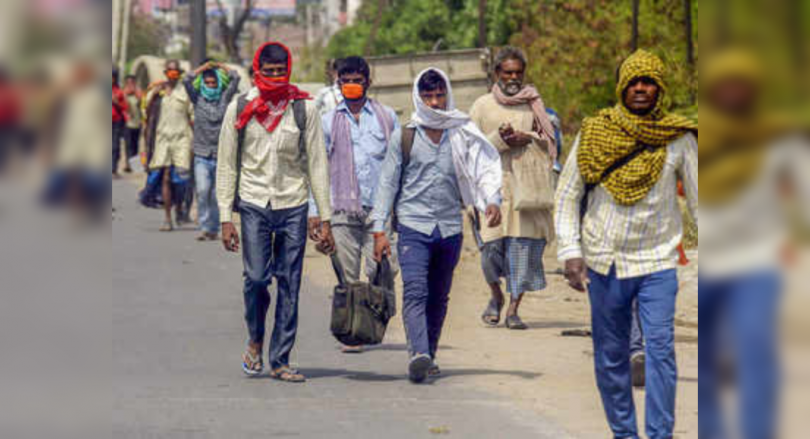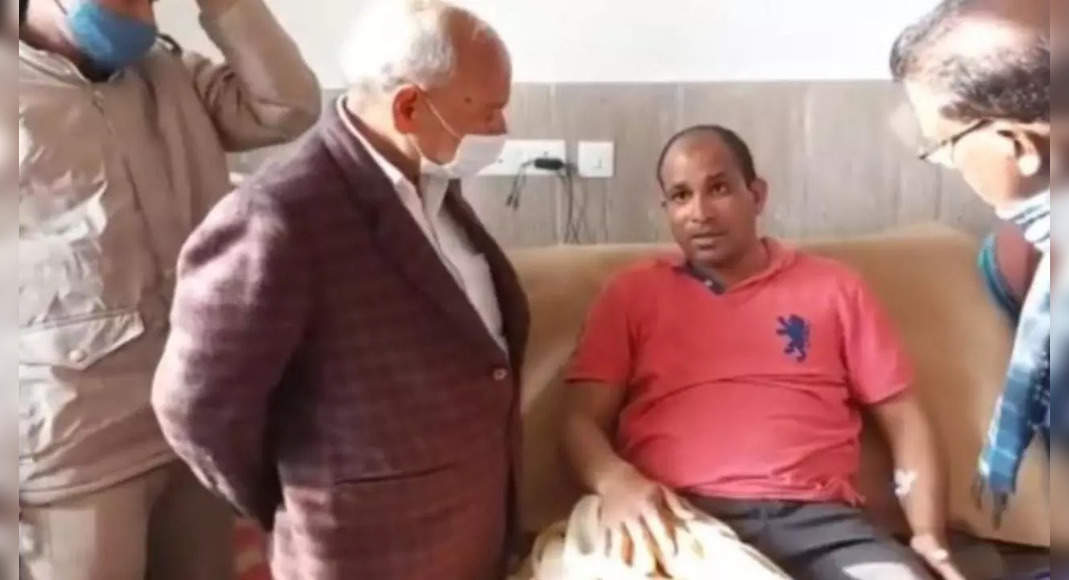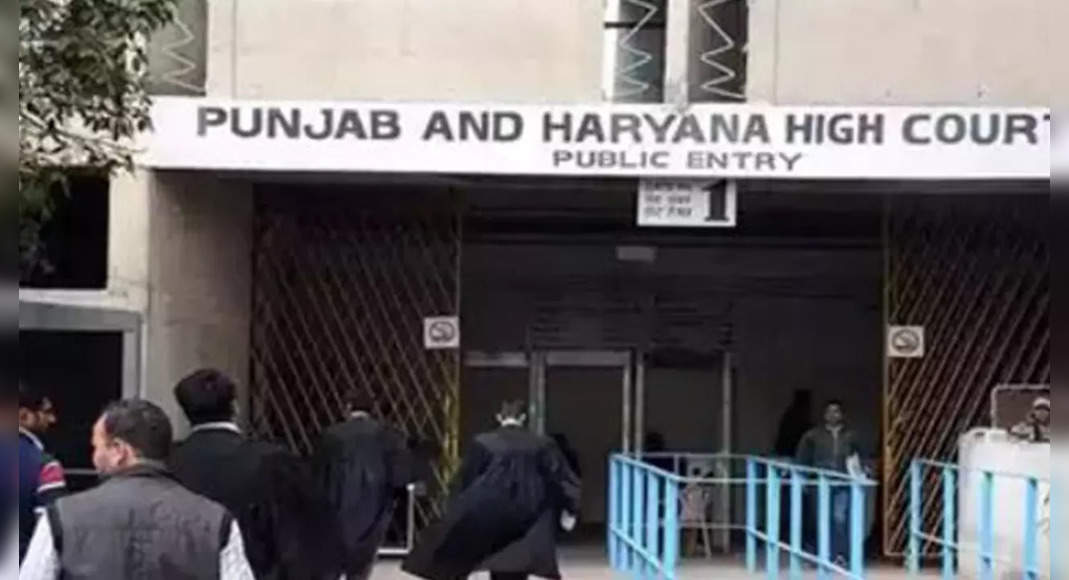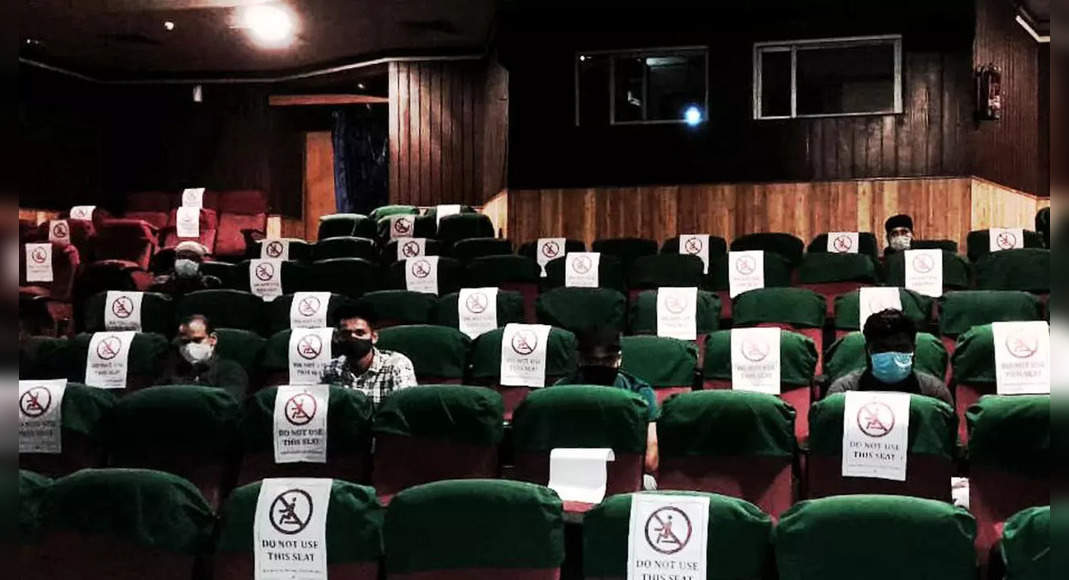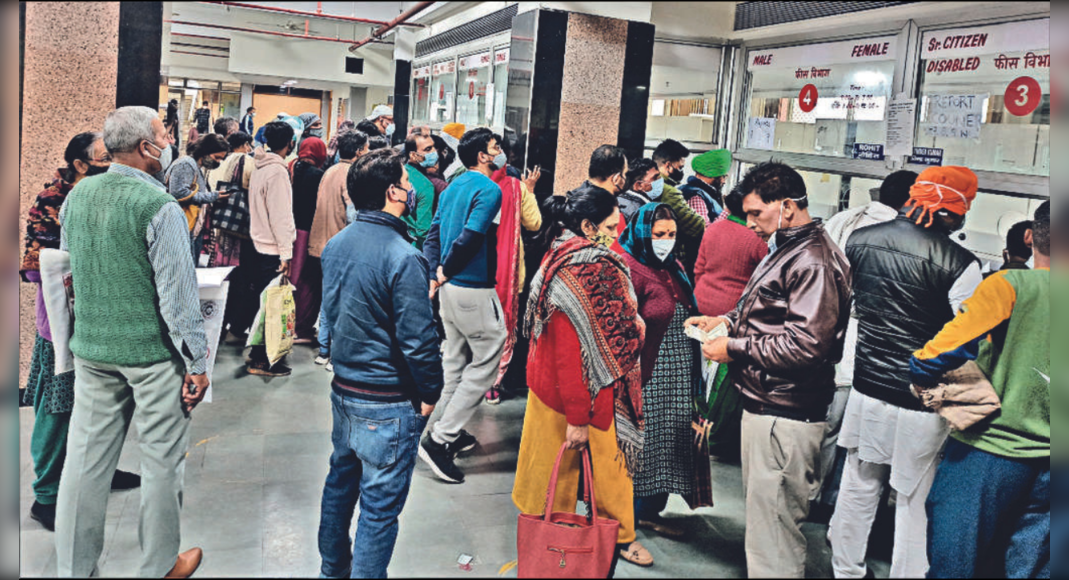CHANDIGARH: Apart from financial problems, it was psychological and emotional issues that drove migrant workers home when the Covid-19 induced Lockdown was imposed in India in 2020, putting their lives at risk.
This has come out in a multicentric cross-sectional study conducted in Punjab, Haryana, Chandigarh and Rajasthan during that period.
The migrant workers felt helpless, suffered anxiety and feared death, all of which led them to head back to their native states despite the advice of the government.
They perceived that it was safe to travel during the lockdown and washing hands 5-6 times a day could prevent Covid infection.
Regarding social causes cited behind thereverse migration, about one-fifth of the participants (20.0%) said they had no place to stay.
‘38.2% workers went home due to family pressure’ As many as 19.6% took the decision after hearing that their friends had returned to their villages safely.
Fear of getting infected was listed as a reason by 16.4% of the participants, while 20.4% said they had felt low and gloomy and 19.6% had been restless.
Uncertainty about the future (17.8%) and fear of death (10.2%) were the other psychological reasons mentioned by them.
Among the reverse migrant workers, nearly onethird said that they had no money to survive (31.3%) while 37.1% maintained that they were worried about their family and 38.2% cited pressure from family members to return to the village.
The financial factors included the need to support the family during the harvesting season (26.9%) and better job opportunities (25.4%) back home while termination from the job by an employer was a factor listed by 12.7% of migrant workers.
The study titled ‘‘Factors leading to reverse migration among migrant workers during the Covid-19 pandemic: A multicenter study from Northwest India’’, aimed at examining the various psychosocial factors associated with reverse migration among migrant workers during the pandemic selected 551 migrant workers who had worked for at least six months in four cities of Chandigarh, Bathinda, Panchkula and Jaipur.
The study was conducted by B S Chavan, Ajeet Sidana, Priti Arun, Gurvinder Pal Singh and Ravi Rohilla of Government Medical College and Hospital (GMCH), Chandigarh; R K Solanki, Himanshu Sharma, Raviprakash Sharma of SMS Medical College, Jaipur; Jitender Aneja and Madhur Verma of AIIMS, Bathinda; Mankirat Kaur Murara, nodal officer Covid volunteers health, Panchkula; Saikat Chakraborty, Sanjay Bahri (Retd) and Dushant Bhanwra, volunteer with Corona Sena Volunteer Group, Panchkula.
“The study on reasons for reverse migration showed that the phenomenon of mass movement of migrant workers back to their native homes was not just due to a threat to basic needs.
The workers had low self–esteem, felt reluctant to participate in new customs and had various health issues,” said Dr Ajeet Sidana.

